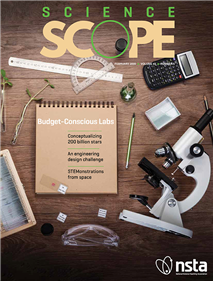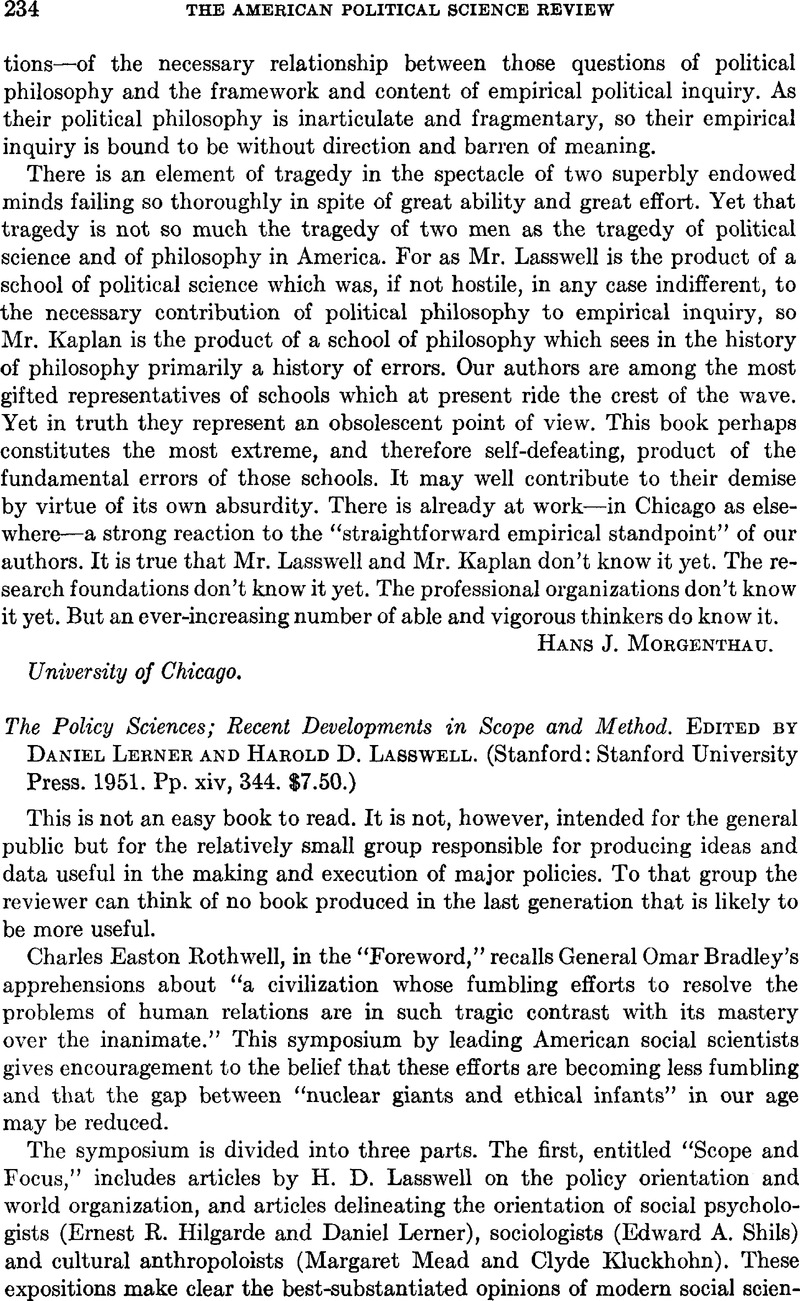The scope of science is vast and encompasses a wide range of fields and disciplines. At its core, science is the systematic study of the natural world and the phenomena that occur within it. It is a way of understanding the world around us through observation, experimentation, and analysis.
The scope of science includes traditional fields such as physics, chemistry, biology, and earth science, as well as more specialized areas such as astronomy, meteorology, and psychology. It also encompasses the study of social and behavioral phenomena, including economics, sociology, and anthropology.
One of the key aspects of science is the use of the scientific method, which is a systematic and logical approach to research that involves forming a hypothesis, collecting data through observation and experimentation, and analyzing and interpreting the results. The scientific method allows scientists to test their ideas and theories, and to determine if they are supported by the evidence.
The scope of science is not limited to traditional academic fields, however. It also includes applied fields such as engineering, medicine, and technology, which use scientific principles to develop and design new products, treatments, and technologies.
One of the key benefits of science is its ability to make predictions about the world around us. Through the use of scientific principles and theories, scientists are able to predict the outcomes of certain events or phenomena, and to develop strategies to address problems or challenges that arise.
In summary, the scope of science is vast and encompasses a wide range of fields and disciplines. It is a systematic and logical approach to understanding the natural world, and is used to make predictions and develop solutions to problems and challenges.






